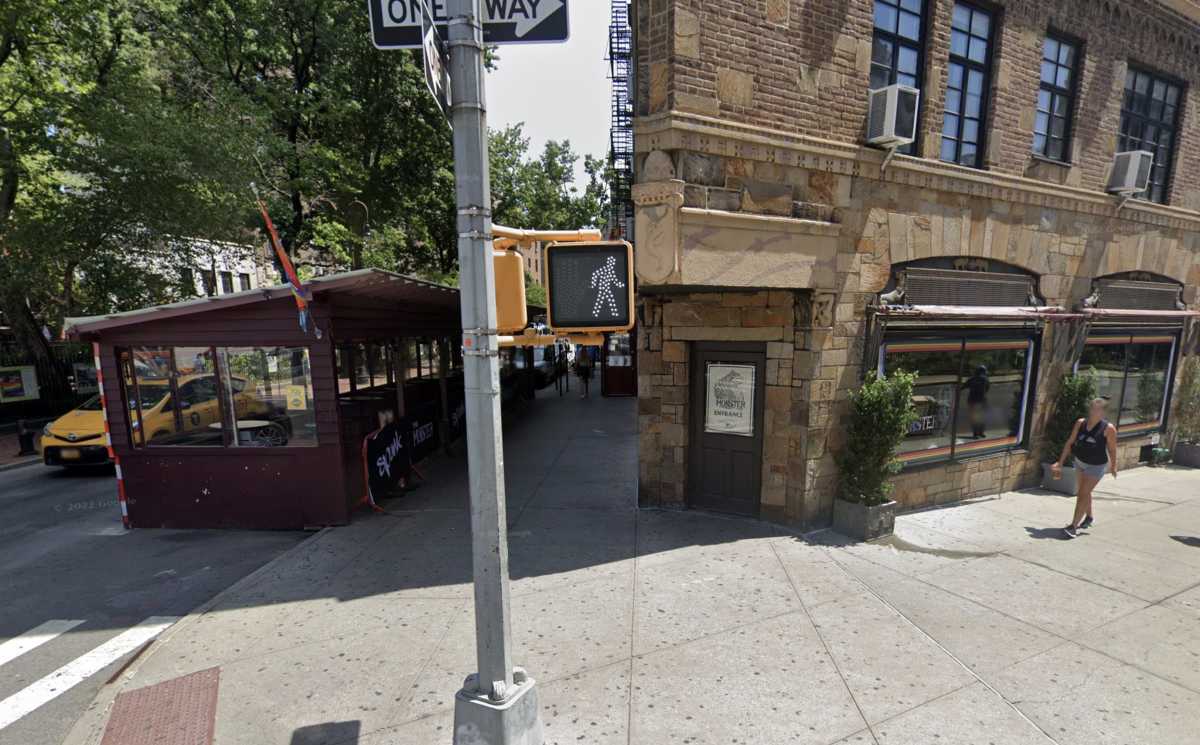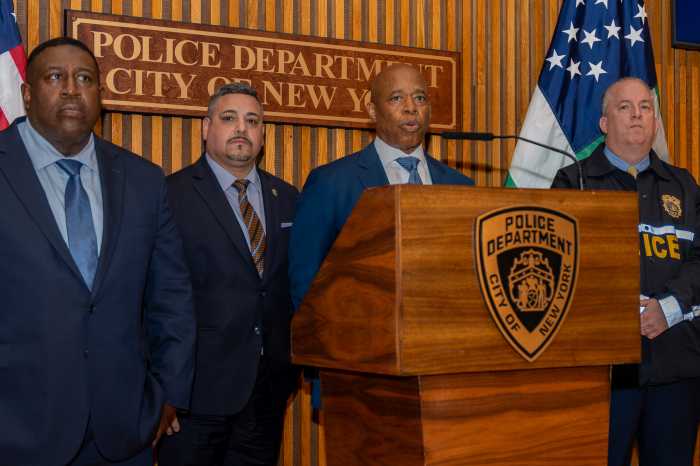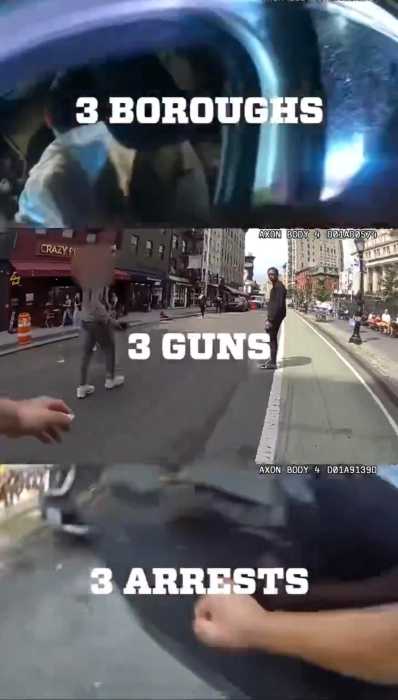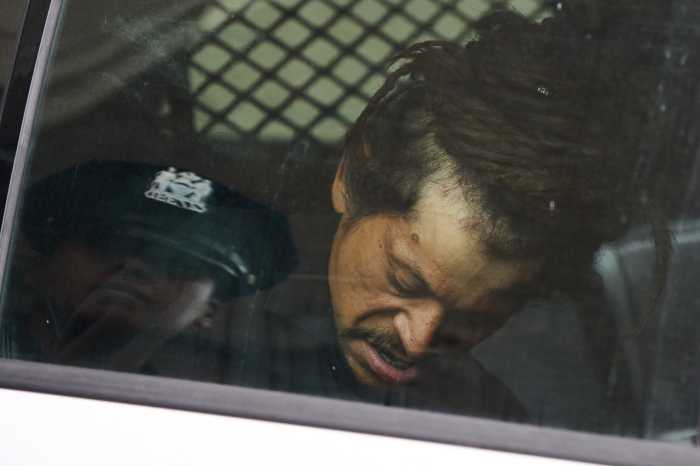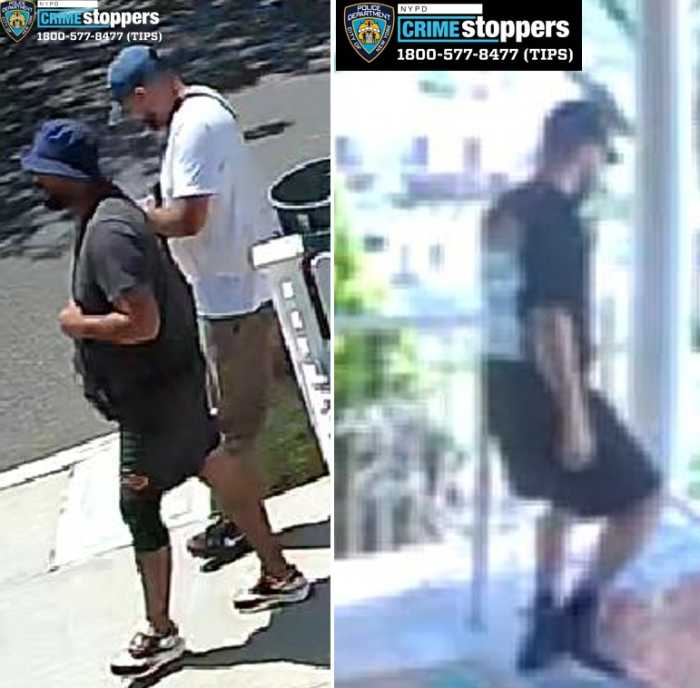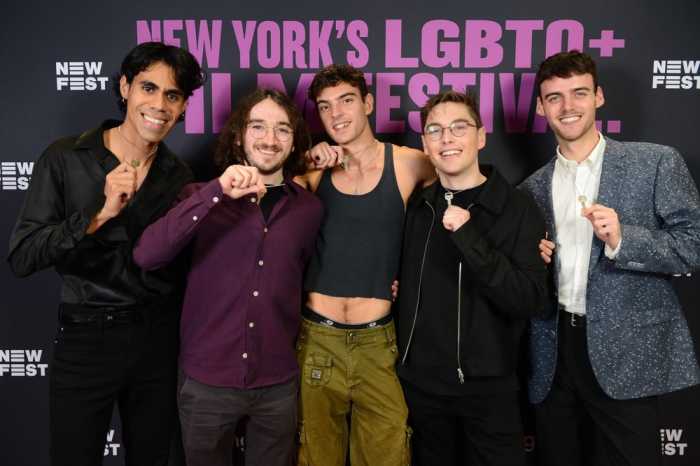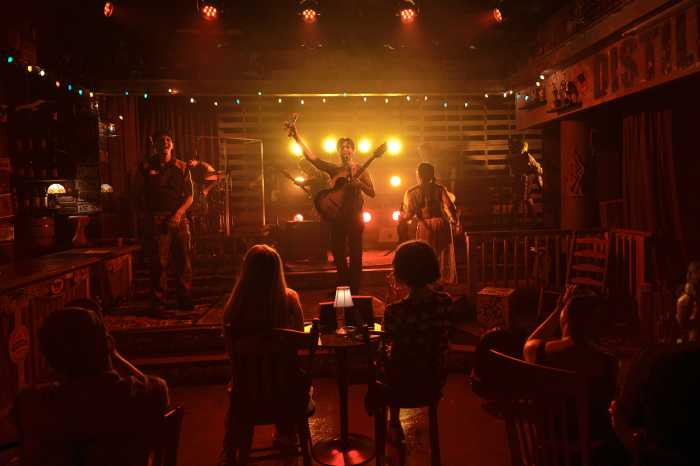
A 38-year-old man was charged on Wednesday in a 2005 cold case homicide in which a Brooklyn teen’s body was brutally dismembered — the second cold case murder he has been charged in.
The victim in this most recent case, 19-year-old Rashawn Brazell, was found in a subway tunnel three days after he went missing. He was last seen on Valentine’s Day and was supposed to meet his mother for lunch.
His body was found in parts, with his torso, legs and one arm found in trash bags in the tunnel of the A line, between the Franklin and Nostrand avenue stops. A few days later, Brazell’s arm and hand were found at a recycling plant in Greenpoint.
His head was never found.
The suspect, Kwauhuru Govan, 38, was charged with second-degree murder. Govan made an appearance in Brooklyn Supreme Court on Wednesday but was unable to be arraigned because he refused to be fingerprinted. In court, Govan was shackled and yelling that he was being framed for the murder and that he had been assaulted. At one point, he shouted about President Donald Trump, and he eventually had to be physically restrained.
“It has been 12 years,” said Brazell’s mother, Desire Brazell, who spoke from the Brooklyn district attorney’s office after the court appearance. She said the detectives who worked on the case were “determined to assist us with giving some kind of answers. I’m just grateful for that and I’m ready, I’m ready for whatever the next step may be.”
At a news conference, NYPD Chief of Detectives Robert Boyce said investigators in the department’s cold case squad were “conducting an expanded review” and looking into whether Govan was connected to other unsolved crimes.
“This particular perpetrator has been all over the country,” Boyce said.
When asked if Govan might be a serial killer, Boyce said: “There is a great possibility that might be the case.”
Authorities first started investigating Govan in Brazell’s murder after he was connected to another cold case homicide, a law enforcement source said.
In November, Govan was charged in the 2004 murder and kidnapping of 17-year-old Sharabia Thomas, a Brooklyn high school student who went missing and was found dead inside two laundry bags later that day.
Govan’s DNA was found underneath Thomas’ fingernails, but his DNA profile was not in a database at the time. The DNA was matched to him after he was arrested in 2014 in Florida for an unrelated case.
While investigating Thomas’ case, it was discovered that Govan had lived across the street from Brazell at the time, a law enforcement source said. Investigators were then able to connect him to one of the bags found on the subway tracks near Brazell’s body parts.
The source said the bag contained Brazell’s blood and some of Govan’s belongings, and it was identified by someone who knew him.
“It’s been 12 long years since Rashawn went missing and we’re very happy to be able to … arrest someone for his brutal homicide,” Acting Brooklyn District Attorney Eric Gonzalez said. “My heart goes out to the family. I know it’s bittersweet.”
Govan’s attorney, Frederick Spiegel, said bail cannot be set without being fingerprinted. But since he is already remanded on a different case, he said, “at this point it makes very little difference.”
“Obviously Mr. Govan was very upset,” he said. “I’ve seen the indictment. I don’t know what evidence it’s based on, I haven’t spoken to my client regarding this.”
Spiegel said that “as far as I know” Govan is mentally stable.
Gonzalez said the district attorney’s office is planning on expanding its forensic science unit to include a cold case unit.
“These are very difficult cases, but we are going to continue working on them to bring justice to families,” he said.



